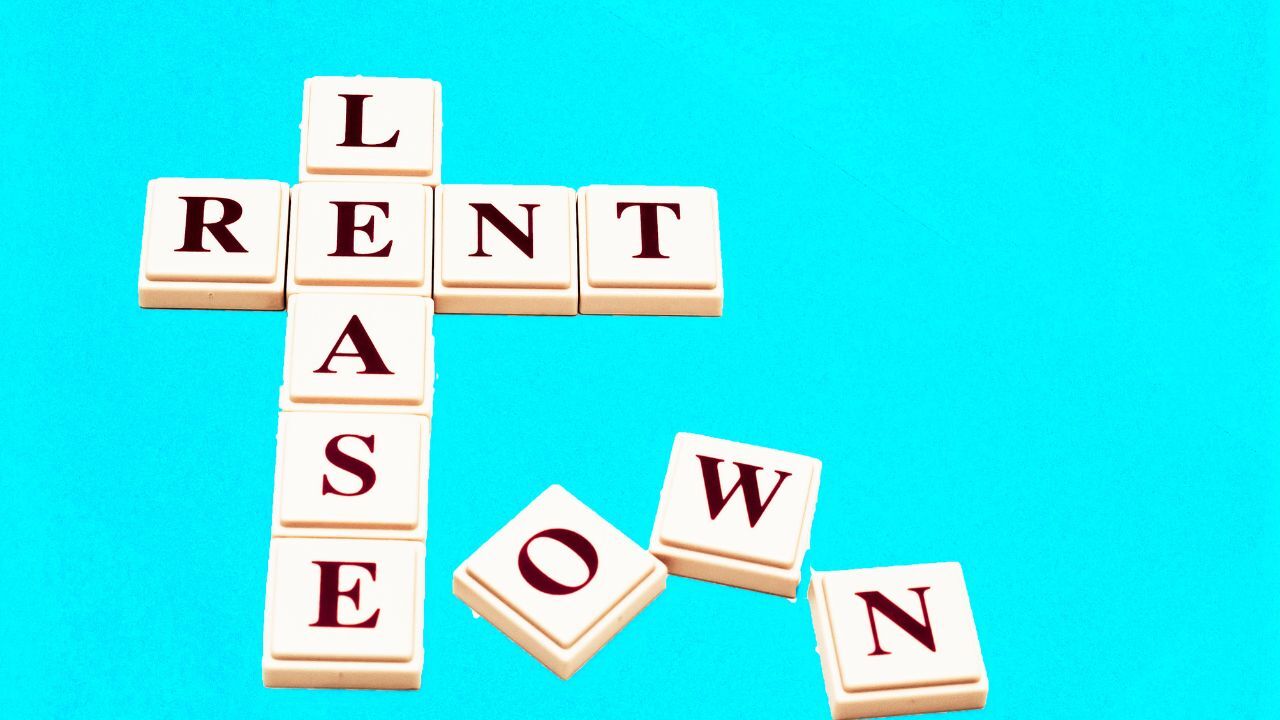 A forever home is often imagined as the place you will live for decades. It is where families grow, memories are created, and life milestones are celebrated. For some people, this vision becomes reality. For others, the thought of staying in one place for life feels restrictive. Instead, they move every five to seven years, searching for new opportunities and experiences. So why do some homeowners stay forever while others are constantly on the move?
A forever home is often imagined as the place you will live for decades. It is where families grow, memories are created, and life milestones are celebrated. For some people, this vision becomes reality. For others, the thought of staying in one place for life feels restrictive. Instead, they move every five to seven years, searching for new opportunities and experiences. So why do some homeowners stay forever while others are constantly on the move?
Personality Shapes Housing Choices
Personality plays a major role in how we view our homes. Some people value stability, routine, and deep community connections. For them, staying in one place provides comfort and belonging. Others are energized by change. They love exploring new neighborhoods, upgrading to different layouts, or experiencing a new lifestyle. Moving feels like growth, and for them, a forever home may feel more like a limitation than a dream.
Life Stages and Changing Needs
Different stages of life often require different types of housing. A starter condo may be perfect for a young professional, but as families expand, the need for more space becomes pressing. Later in life, downsizing into a smaller home can make sense. These moves are often less about personal preference and more about adapting to practical needs as life evolves.
Financial Factors in Home Decisions
Money also influences how long people stay in one place. Mortgage rates, property taxes, and the equity built in a home can push someone toward moving or staying put. When rates are favorable and home values are strong, selling and moving can feel like a smart opportunity. When the market tightens, staying put and improving the current home can be the better option.
Emotional Attachment to a Home
For many homeowners, emotional ties to a property are strong. Memories of holidays, children growing up, and special family moments can make leaving the home nearly impossible. For others, a home is more of a steppingstone, seen as an investment or a way to get closer to the next dream property. These different outlooks often determine whether a house becomes the forever home or just another chapter.
Is Forever Really Forever?
The truth is, the definition of a forever home is personal. For some, it really is the place they never want to leave. For others, it is simply the right home for this season of life. Neither path is right or wrong. What matters is finding a home that feels like it belongs to you, supports your lifestyle, and brings happiness.
Helping You Find Your Forever Home or Next Move
As a real estate professional, I work with both types of homeowners every day. Some are ready to settle into their forever home, while others are looking for their next adventure. My role is to help guide you toward the home that best fits your needs today, while keeping an eye on your future goals. Whether you are searching for your forever home or your next chapter, the most important thing is finding a space that truly feels like yours.

 Moving day can be exciting, but it often comes with a lot of stress and unexpected challenges. Whether you are moving across town or to a new city, careful planning and organization are key to keeping the day running smoothly. With the right approach, you can reduce anxiety and make your move a positive experience.
Moving day can be exciting, but it often comes with a lot of stress and unexpected challenges. Whether you are moving across town or to a new city, careful planning and organization are key to keeping the day running smoothly. With the right approach, you can reduce anxiety and make your move a positive experience. Deciding where to buy a home involves many factors, and proximity to your workplace is often near the top of the list. Living close to where you work can offer convenience and save time, but it also comes with pros and cons to consider. Understanding these can help you make an informed choice that fits your lifestyle and long-term goals.
Deciding where to buy a home involves many factors, and proximity to your workplace is often near the top of the list. Living close to where you work can offer convenience and save time, but it also comes with pros and cons to consider. Understanding these can help you make an informed choice that fits your lifestyle and long-term goals. In today’s competitive real estate market, many buyers are faced with the challenge of competing against cash offers. Cash buyers often have an advantage because their offers are faster, less likely to fall through, and more attractive to sellers. However, not having cash on hand does not mean you cannot succeed. With the right strategies and preparation, you can compete effectively and win your dream home.
In today’s competitive real estate market, many buyers are faced with the challenge of competing against cash offers. Cash buyers often have an advantage because their offers are faster, less likely to fall through, and more attractive to sellers. However, not having cash on hand does not mean you cannot succeed. With the right strategies and preparation, you can compete effectively and win your dream home. Searching for the perfect home can be frustrating when nothing seems to check all your boxes. Whether it is location, price, size, or style, the market may not always have exactly what you want at the moment. The good news is there are creative strategies you can explore to find a home that works for you, even if it is not exactly what you initially imagined.
Searching for the perfect home can be frustrating when nothing seems to check all your boxes. Whether it is location, price, size, or style, the market may not always have exactly what you want at the moment. The good news is there are creative strategies you can explore to find a home that works for you, even if it is not exactly what you initially imagined.